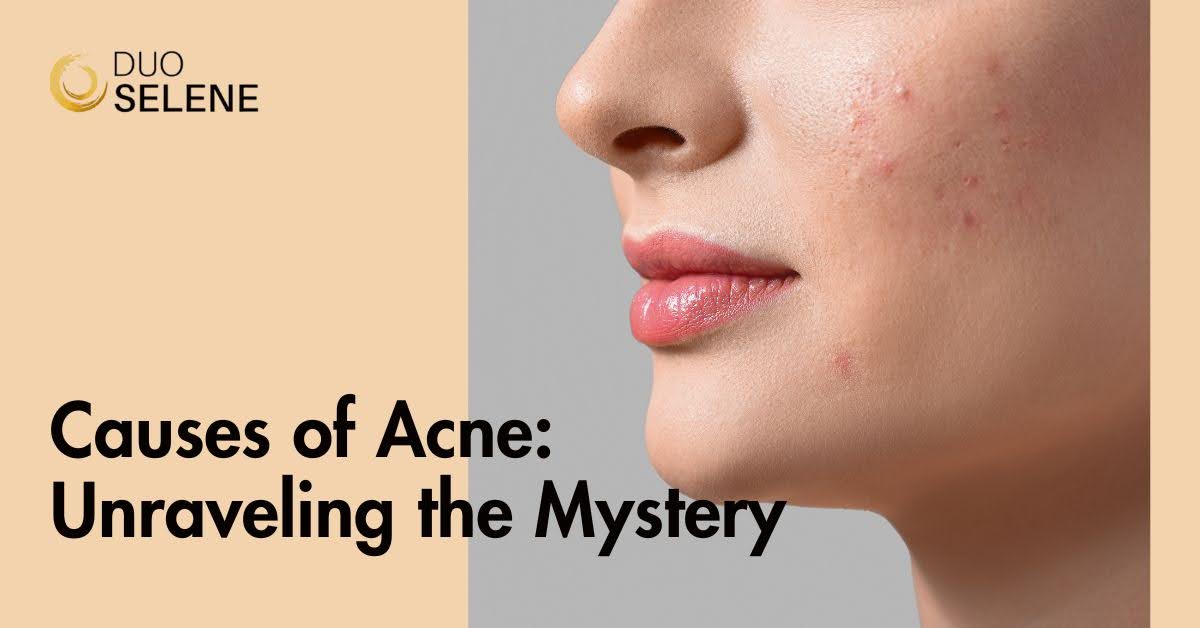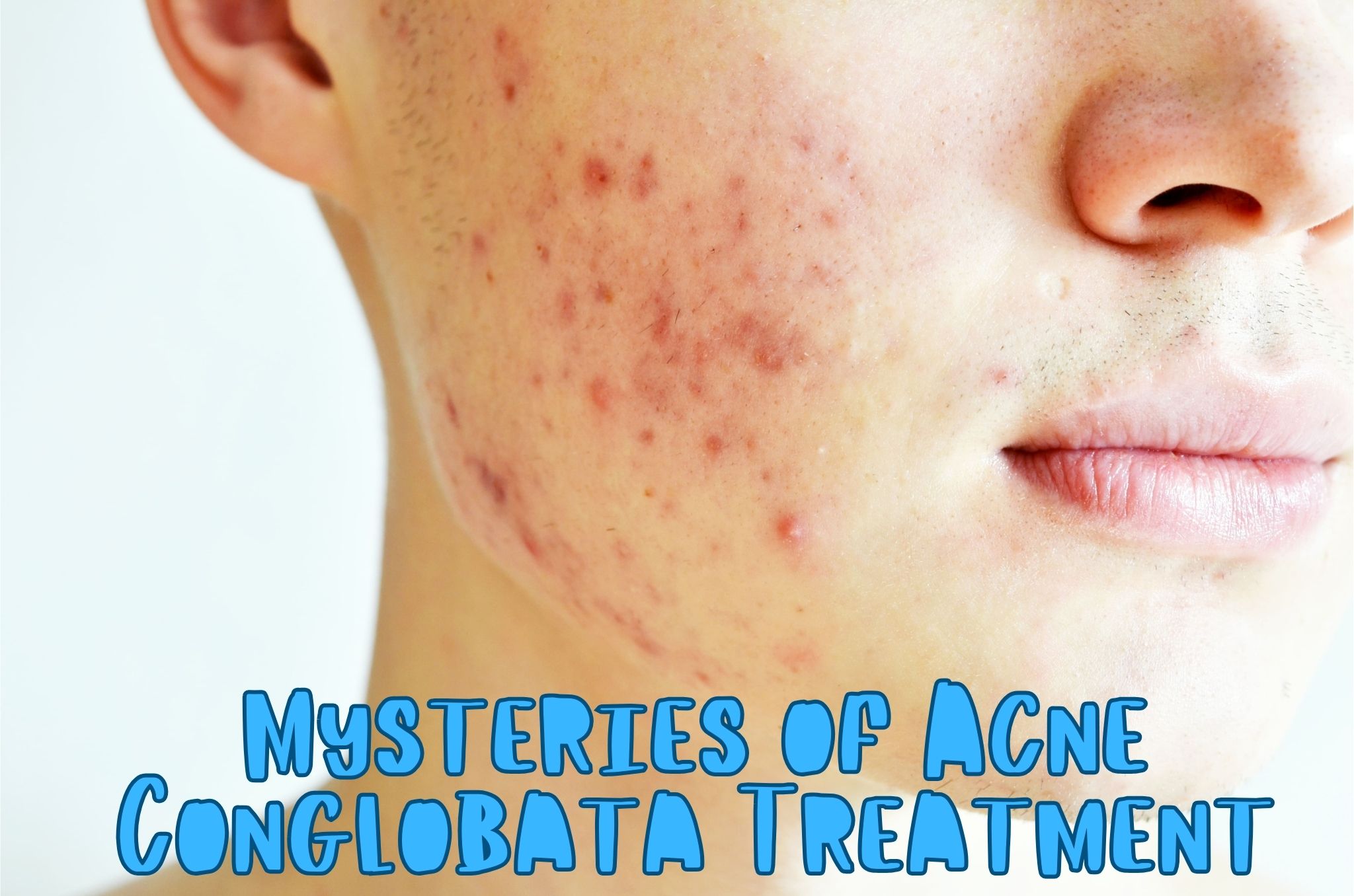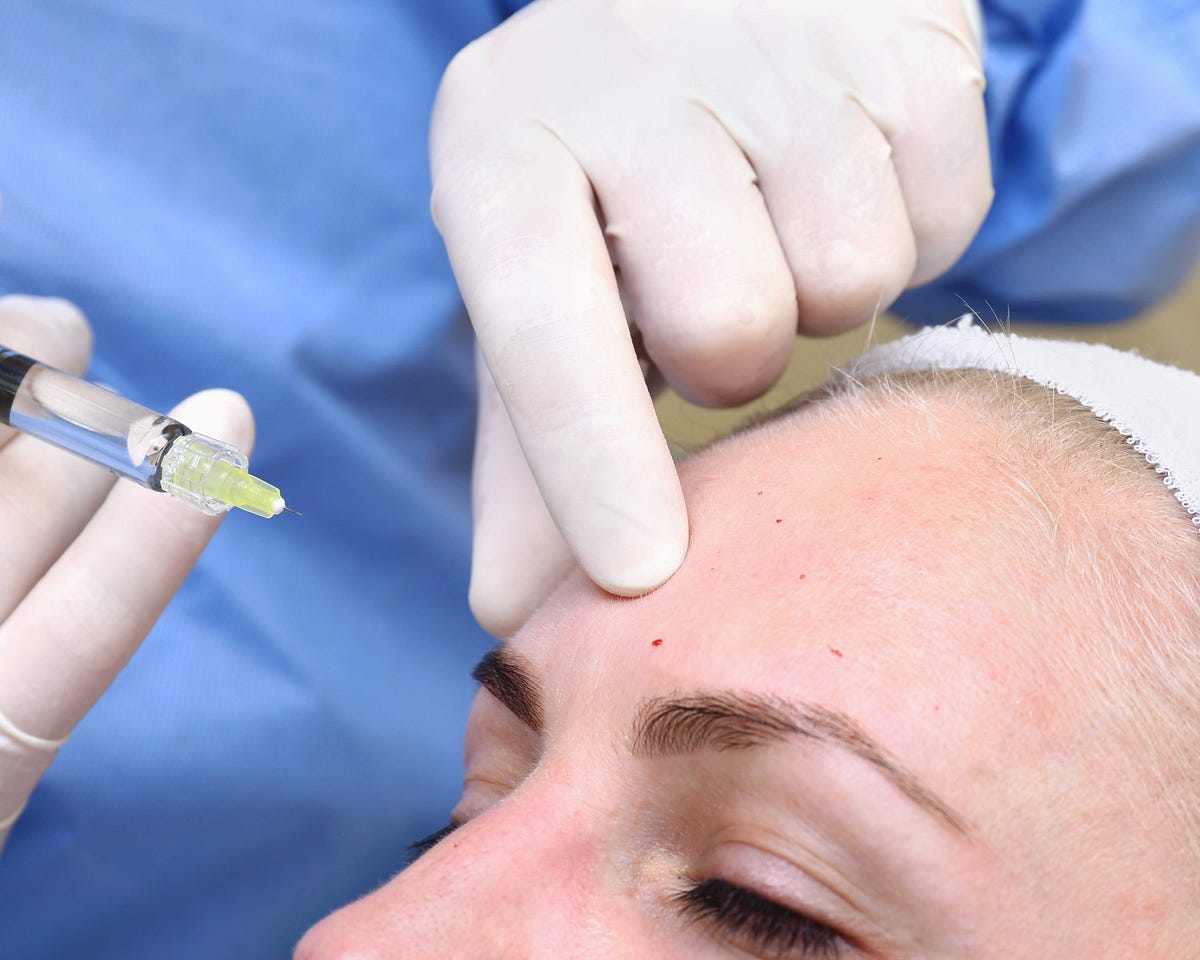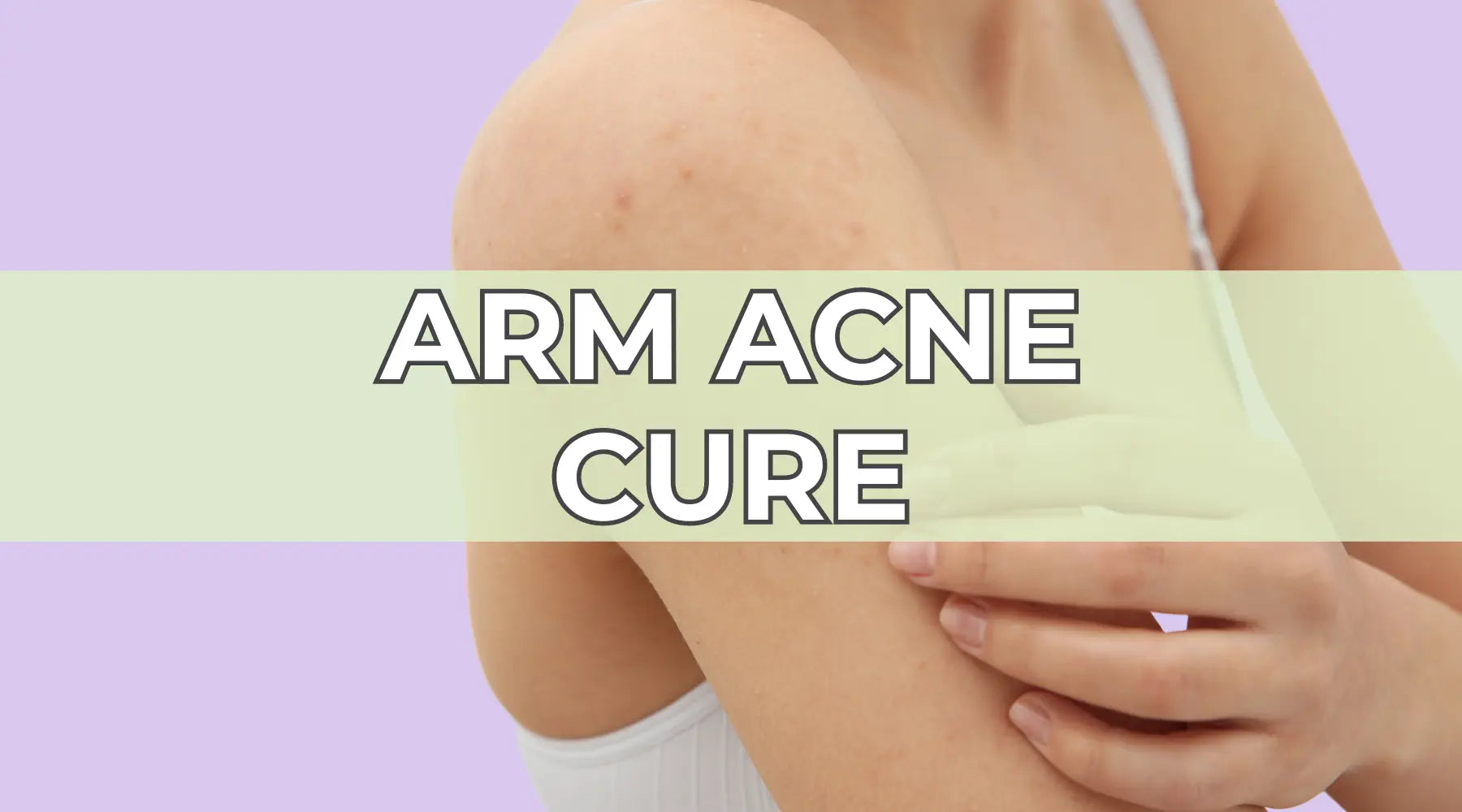Unraveling The Mystery: A Comprehensive Guide To Acne Triggers
Unraveling the Mystery: A Comprehensive Guide to Acne Triggers
Related Articles: Unraveling the Mystery: A Comprehensive Guide to Acne Triggers
Introduction
With great pleasure, we will explore the intriguing topic related to Unraveling the Mystery: A Comprehensive Guide to Acne Triggers. Let’s weave interesting information and offer fresh perspectives to the readers.
Table of Content
- 1 Related Articles: Unraveling the Mystery: A Comprehensive Guide to Acne Triggers
- 2 Introduction
- 3 Unraveling the Mystery: A Comprehensive Guide to Acne Triggers
- 3.1 The Role of Hormones in Acne Development
- 3.2 The Impact of Genetics on Acne Susceptibility
- 3.3 The Influence of Diet on Acne Formation
- 3.4 The Connection Between Stress and Acne
- 3.5 The Role of Medications in Acne Development
- 3.6 The Importance of Proper Skin Care Practices
- 3.7 The Impact of Environmental Factors on Acne
- 3.8 The Impact of Certain Habits on Acne
- 3.9 Understanding the Role of Bacteria in Acne
- 3.10 Recognizing Acne Types and Their Causes
- 3.11 Addressing Acne Concerns: FAQs
- 3.12 Tips for Managing Acne
- 3.13 Conclusion
- 4 Closure
Unraveling the Mystery: A Comprehensive Guide to Acne Triggers

Acne, a common skin condition affecting millions worldwide, presents as inflamed or infected pores on the skin. While often considered a teenage problem, it can persist into adulthood. Understanding the multifaceted factors contributing to acne is crucial for effective management and prevention. This comprehensive guide delves into the intricacies of acne triggers, providing clarity and empowering individuals to take control of their skin health.
The Role of Hormones in Acne Development
Hormonal fluctuations play a significant role in acne development, particularly during puberty, menstruation, and pregnancy. Hormones like testosterone, estrogen, and progesterone can influence sebum production, a natural oil that lubricates the skin. An increase in testosterone, often seen during puberty, stimulates sebaceous glands to produce more sebum, leading to clogged pores and acne.
The Impact of Genetics on Acne Susceptibility
Genetic predisposition plays a crucial role in acne development. Individuals with a family history of acne are more likely to experience the condition themselves. While genes do not directly cause acne, they can influence factors like sebum production, skin sensitivity, and the body’s inflammatory response, increasing susceptibility to breakouts.
The Influence of Diet on Acne Formation
While scientific evidence is evolving, certain dietary choices can contribute to acne development. Consuming a diet high in processed foods, sugary drinks, and refined carbohydrates may increase inflammation and exacerbate acne. Conversely, a diet rich in fruits, vegetables, and whole grains is associated with improved skin health and reduced acne severity.
The Role of Dietary Sugar in Acne:
Sugar, particularly refined sugar, has been linked to acne development. When consumed, sugar spikes insulin levels, which can trigger inflammation and increase sebum production. This inflammatory response can exacerbate acne lesions.
The Impact of Dairy Products on Acne:
Dairy products, particularly skim milk, have been implicated in acne development. While not definitively proven, some studies suggest that certain milk proteins may increase inflammation and exacerbate acne in susceptible individuals.
The Benefits of a Balanced Diet:
A balanced diet rich in fruits, vegetables, whole grains, and lean proteins provides essential nutrients that support overall skin health. These nutrients can help regulate sebum production, reduce inflammation, and promote skin cell regeneration.
The Connection Between Stress and Acne
Stress can have a significant impact on acne development. When the body is stressed, it releases hormones like cortisol, which can increase sebum production and inflammation. This hormonal response can exacerbate existing acne and trigger new breakouts.
The Role of Medications in Acne Development
Certain medications, such as corticosteroids, lithium, and some anticonvulsants, can induce acne as a side effect. These medications can disrupt hormone levels, increase sebum production, or trigger inflammation, leading to breakouts.
The Importance of Proper Skin Care Practices
Maintaining a consistent skincare routine is crucial for preventing and managing acne.
Gentle Cleansing:
Washing the face twice daily with a gentle, oil-free cleanser helps remove dirt, oil, and bacteria that can clog pores. Avoid harsh soaps or scrubs that can irritate the skin.
Exfoliation:
Regular exfoliation with a gentle scrub or chemical exfoliant helps remove dead skin cells and prevent pore blockage. However, over-exfoliation can irritate the skin, so moderation is key.
Moisturizer:
Even oily skin needs hydration. Choose a lightweight, oil-free moisturizer that is specifically formulated for acne-prone skin.
The Impact of Environmental Factors on Acne
Environmental factors can also play a role in acne development.
Pollution:
Air pollution can contribute to acne by clogging pores and increasing inflammation. It’s important to cleanse the skin thoroughly after spending time in polluted environments.
Heat and Humidity:
High temperatures and humidity can trap sweat and oil on the skin, contributing to clogged pores and breakouts.
Friction and Pressure:
Friction from tight clothing, hats, or backpacks can irritate the skin and worsen acne.
The Impact of Certain Habits on Acne
Certain habits can exacerbate acne.
Touching the Face:
Constantly touching the face can transfer bacteria and oil from the hands to the skin, contributing to breakouts.
Picking and Squeezing:
Picking and squeezing pimples can worsen inflammation, increase the risk of scarring, and spread bacteria.
Understanding the Role of Bacteria in Acne
Acne is primarily caused by the bacterium Propionibacterium acnes (P. acnes), which naturally resides on the skin. While P. acnes is not inherently harmful, an overgrowth of this bacteria can lead to inflammation and acne lesions.
The Role of P. acnes in Acne Development:
P. acnes feeds on sebum, a natural oil produced by the skin. When pores become clogged with sebum and dead skin cells, P. acnes proliferates, triggering an inflammatory response that results in acne.
The Impact of P. acnes on Skin Inflammation:
P. acnes produces inflammatory substances that trigger the body’s immune response. This response leads to redness, swelling, and pus formation, characteristic of acne lesions.
Recognizing Acne Types and Their Causes
Acne presents in various forms, each with its own characteristics and contributing factors.
Whiteheads and Blackheads:
These are non-inflammatory lesions that occur when pores become clogged with sebum and dead skin cells. Whiteheads are closed comedones, while blackheads are open comedones, with the sebum exposed to air, causing oxidation and darkening.
Papules and Pustules:
These are inflammatory lesions that develop when P. acnes infects a clogged pore, triggering an immune response. Papules are small, red, and firm, while pustules are similar but contain pus.
Nodules and Cysts:
These are deeper, more severe forms of acne that involve inflammation deep within the skin. Nodules are large, solid, and painful, while cysts are fluid-filled and can leave permanent scarring.
Addressing Acne Concerns: FAQs
Q: Is acne contagious?
A: Acne is not contagious. It is caused by a combination of factors, including hormones, genetics, and bacteria, and cannot be spread from one person to another.
Q: Can acne be cured?
A: Acne can be managed effectively with a combination of treatments, but it is not typically curable. Breakouts can be controlled and reduced, but acne is often a chronic condition that requires ongoing care.
Q: What are the best treatments for acne?
A: The best treatment for acne depends on the severity and type of acne. Options include:
- Over-the-counter (OTC) medications: Topical treatments containing benzoyl peroxide, salicylic acid, or sulfur can help unclog pores, reduce inflammation, and kill bacteria.
- Prescription medications: For more severe acne, a dermatologist may prescribe topical or oral medications, such as retinoids, antibiotics, or hormonal therapies.
- Lifestyle changes: Maintaining a healthy diet, managing stress, and practicing good skin care habits can also contribute to acne management.
Q: Can stress cause acne?
A: While stress does not directly cause acne, it can exacerbate existing breakouts. When the body is stressed, it releases hormones that can increase sebum production and inflammation, contributing to acne development.
Q: Can makeup cause acne?
A: Some makeup products, particularly those that are oil-based or contain comedogenic ingredients (ingredients that can clog pores), can contribute to acne. Choosing non-comedogenic makeup and ensuring products are properly cleaned and applied can minimize the risk of breakouts.
Q: Can I pick my pimples?
A: Picking and squeezing pimples can worsen inflammation, increase the risk of scarring, and spread bacteria. It’s best to avoid picking or squeezing acne lesions and seek professional treatment if necessary.
Tips for Managing Acne
- Maintain a consistent skincare routine: Wash your face twice daily with a gentle, oil-free cleanser, exfoliate regularly, and moisturize.
- Use non-comedogenic products: Choose makeup, skincare products, and hair products that are labeled as non-comedogenic, meaning they are unlikely to clog pores.
- Avoid touching your face: Constantly touching your face can transfer bacteria and oil from your hands to your skin.
- Manage stress: Stress can trigger acne breakouts. Practice stress-reducing techniques like exercise, meditation, or yoga.
- Eat a healthy diet: Consume plenty of fruits, vegetables, and whole grains, and limit processed foods, sugary drinks, and refined carbohydrates.
- See a dermatologist: If you have persistent or severe acne, seek professional help from a dermatologist.
Conclusion
Understanding the multifaceted factors contributing to acne is crucial for effective management and prevention. While acne can be frustrating and challenging, by adopting a holistic approach that addresses hormonal fluctuations, genetic predisposition, dietary choices, stress levels, skincare practices, environmental factors, and bacterial influence, individuals can take control of their skin health and minimize the impact of acne. Remember, patience and consistency are key to achieving clearer skin. Consult a dermatologist for personalized advice and treatment options.








Closure
Thus, we hope this article has provided valuable insights into Unraveling the Mystery: A Comprehensive Guide to Acne Triggers. We appreciate your attention to our article. See you in our next article!
You may also like
Recent Posts
- The Art Of Persuasion: A Comprehensive Guide To Makeup Product Label Design
- A Comprehensive Look At Mary Kay Cosmetics: Reviews, Insights, And Considerations
- Affordable Skin Care: A Guide To Effective Products Under INR 100
- Navigating The World Of Mary Kay Discounted Products: A Comprehensive Guide
- The Power Of High-Resolution Images: A Guide To Acquiring The Best Visuals For Your Projects
- The Power Of Reviews: Navigating The World Of Makeup Products
- Swiss Beauty Makeup: A Comprehensive Guide To Quality And Affordability
- Embracing Natural Beauty: Makeup Tips And Techniques For Women Over 50
Leave a Reply